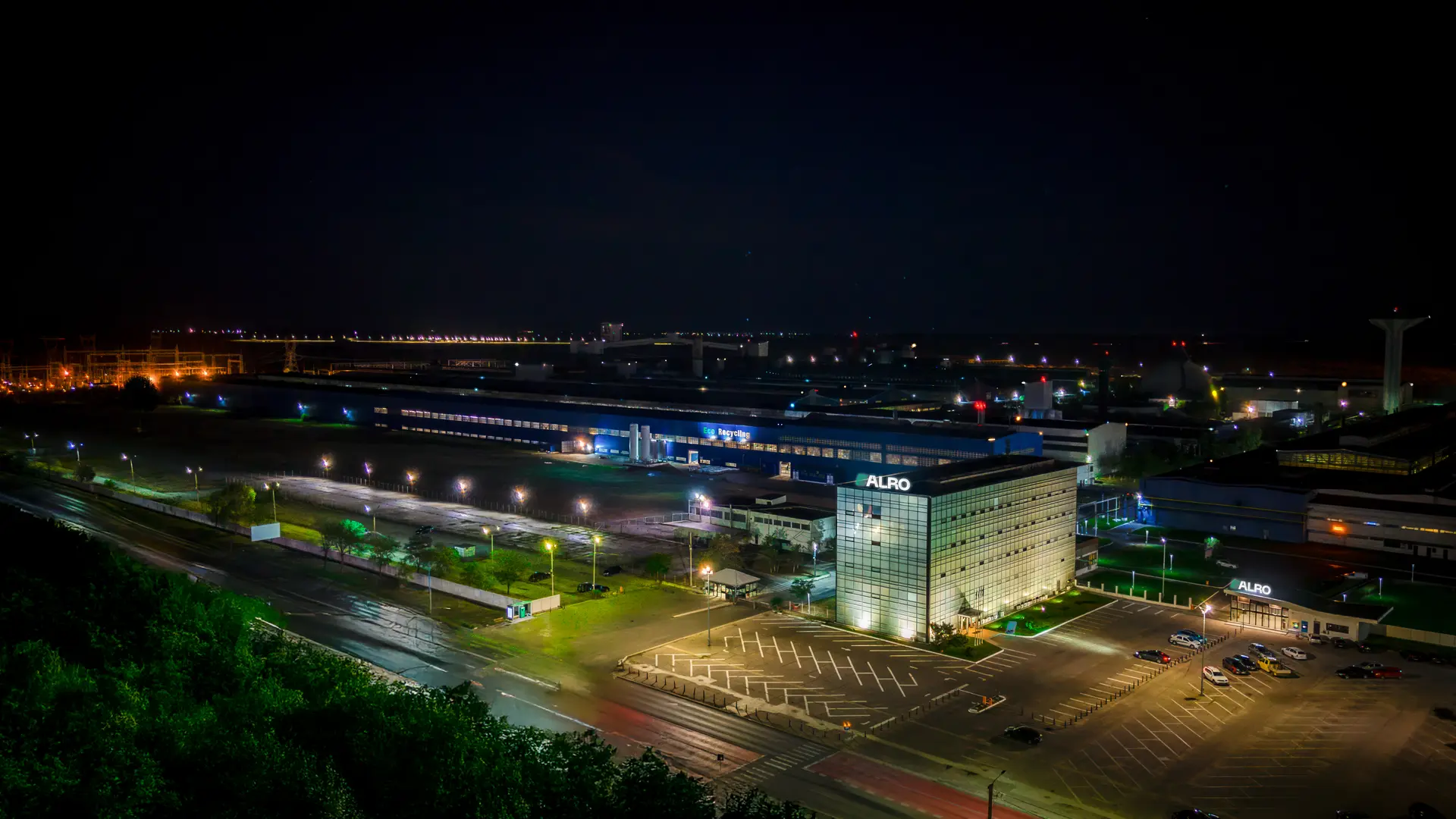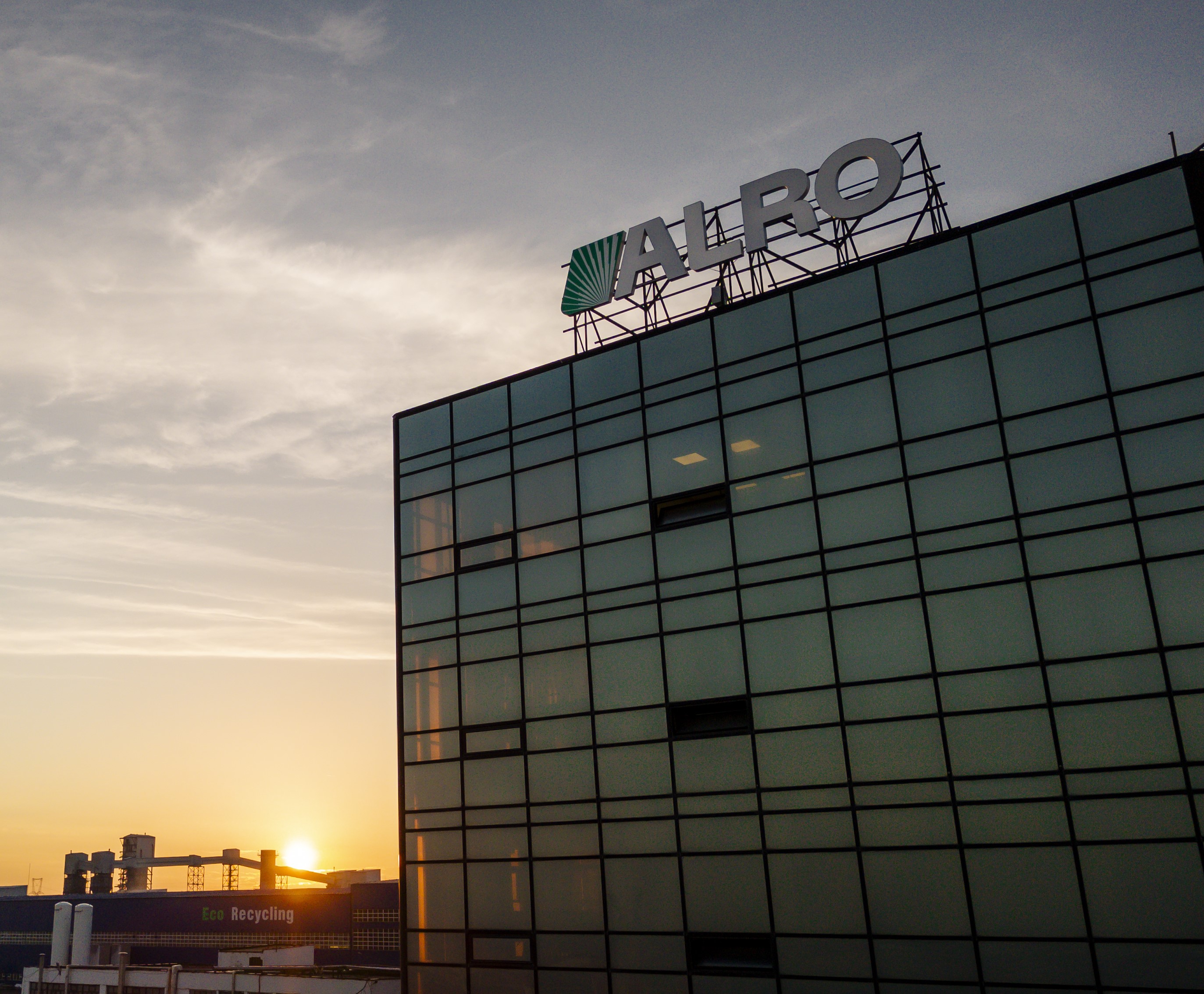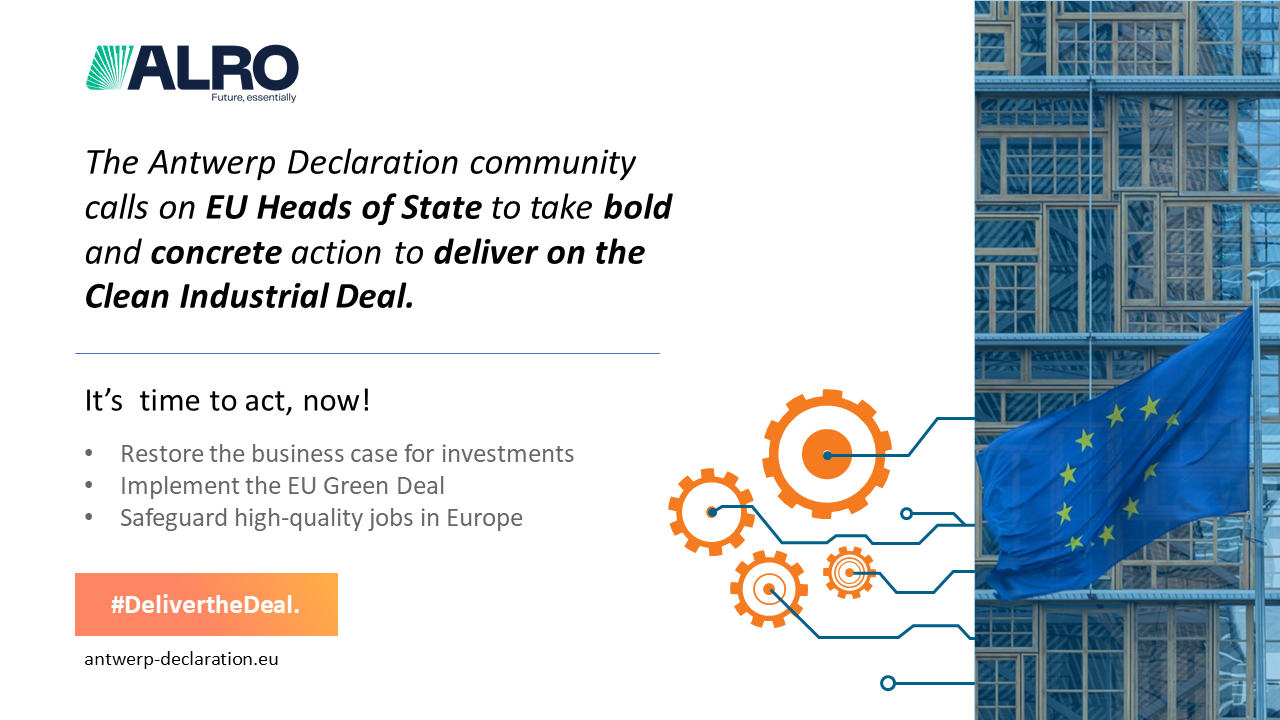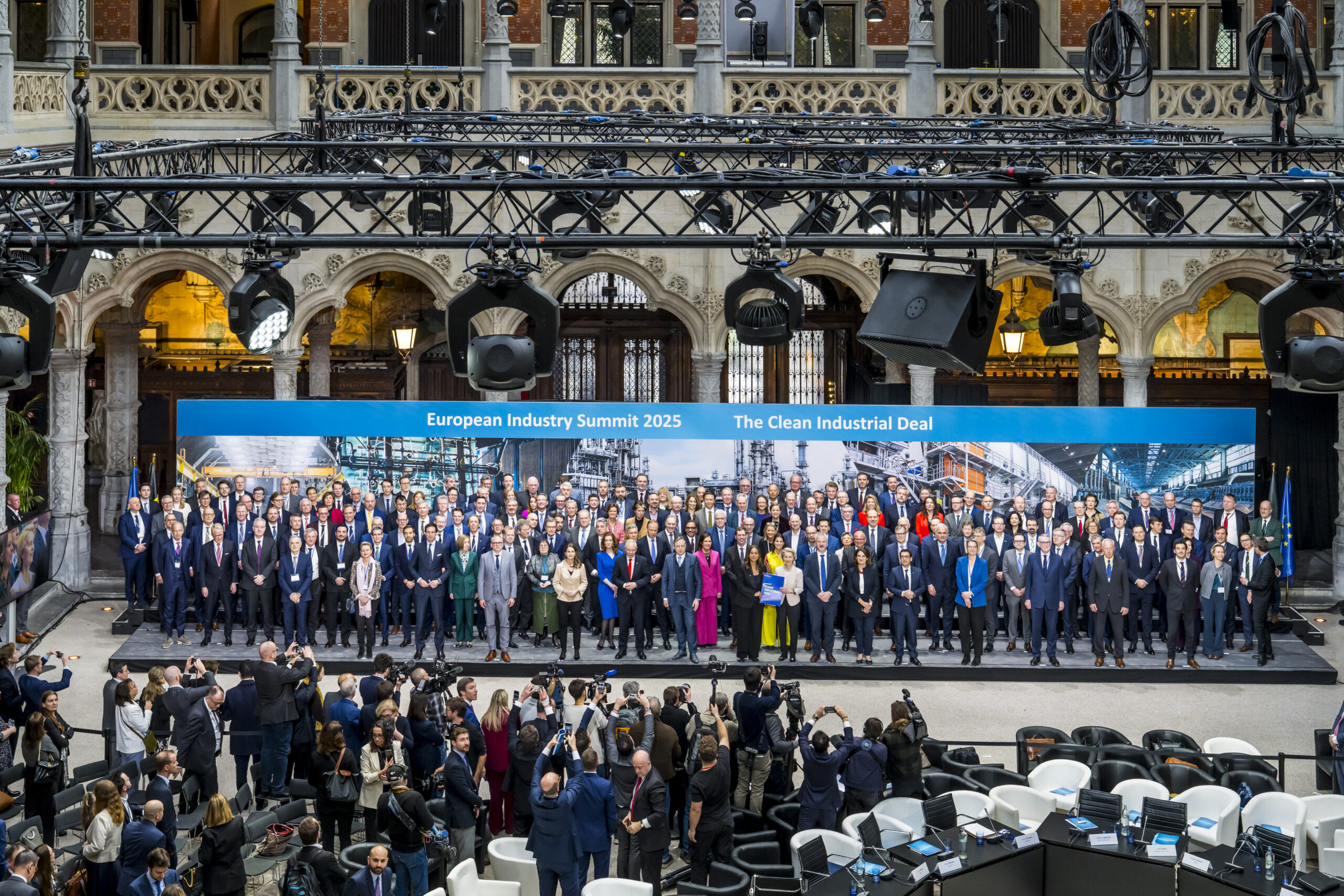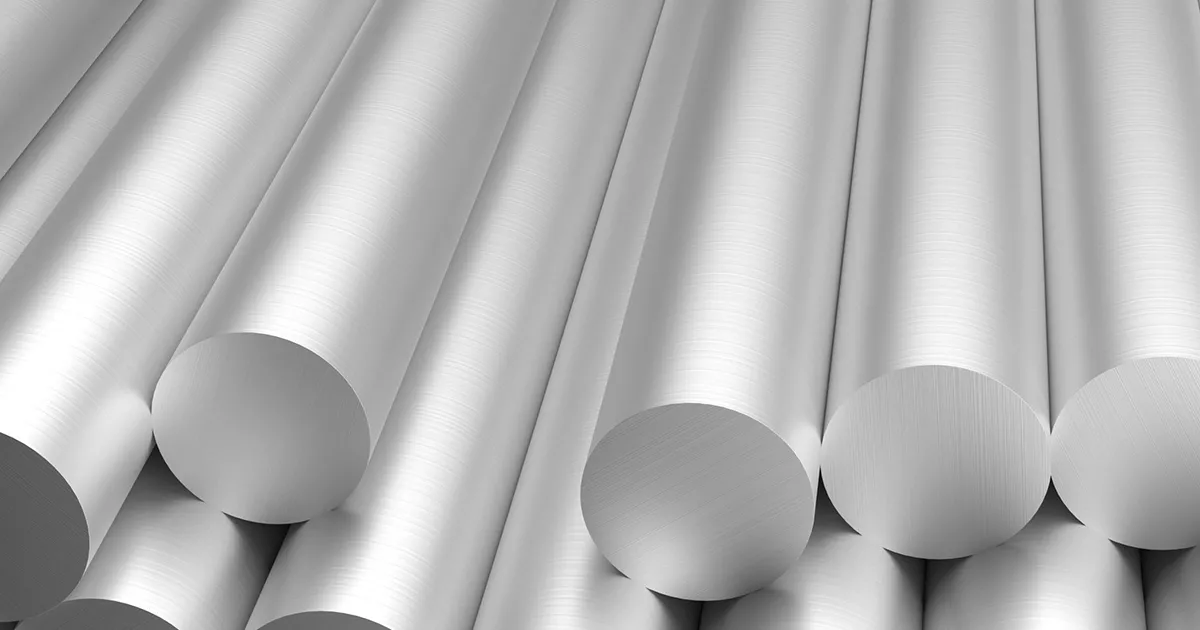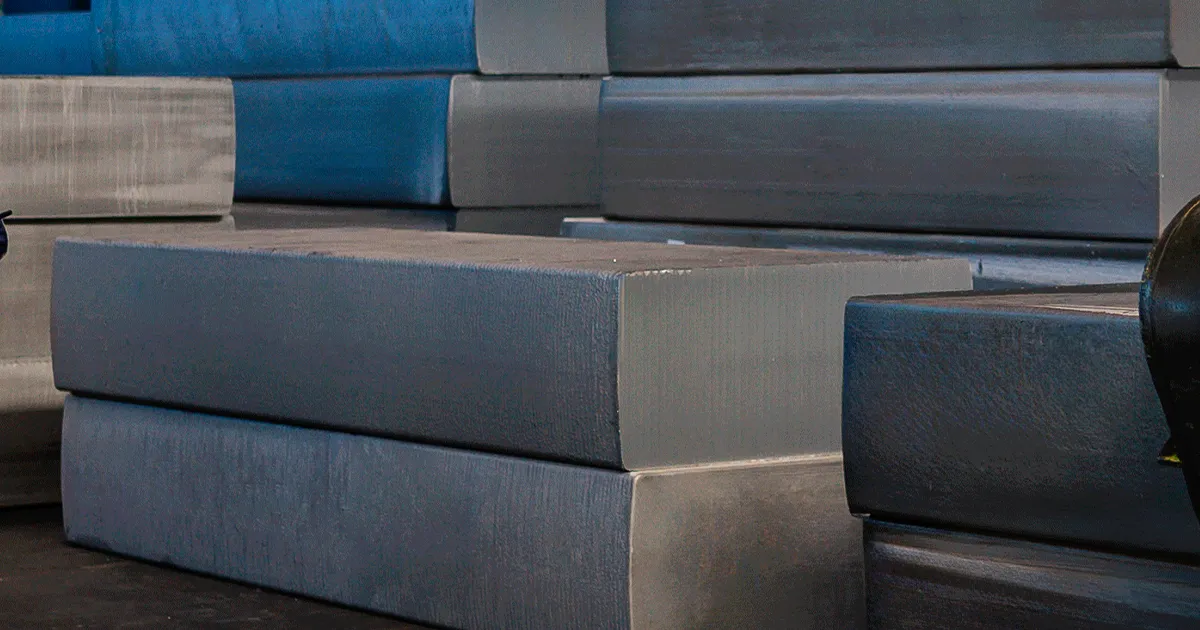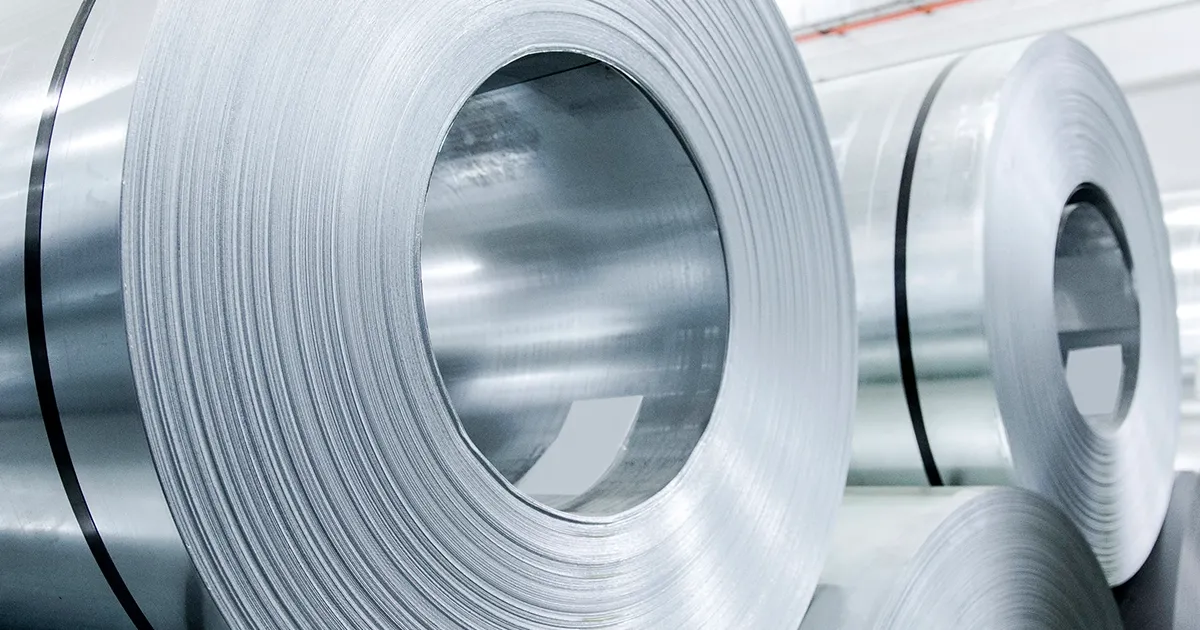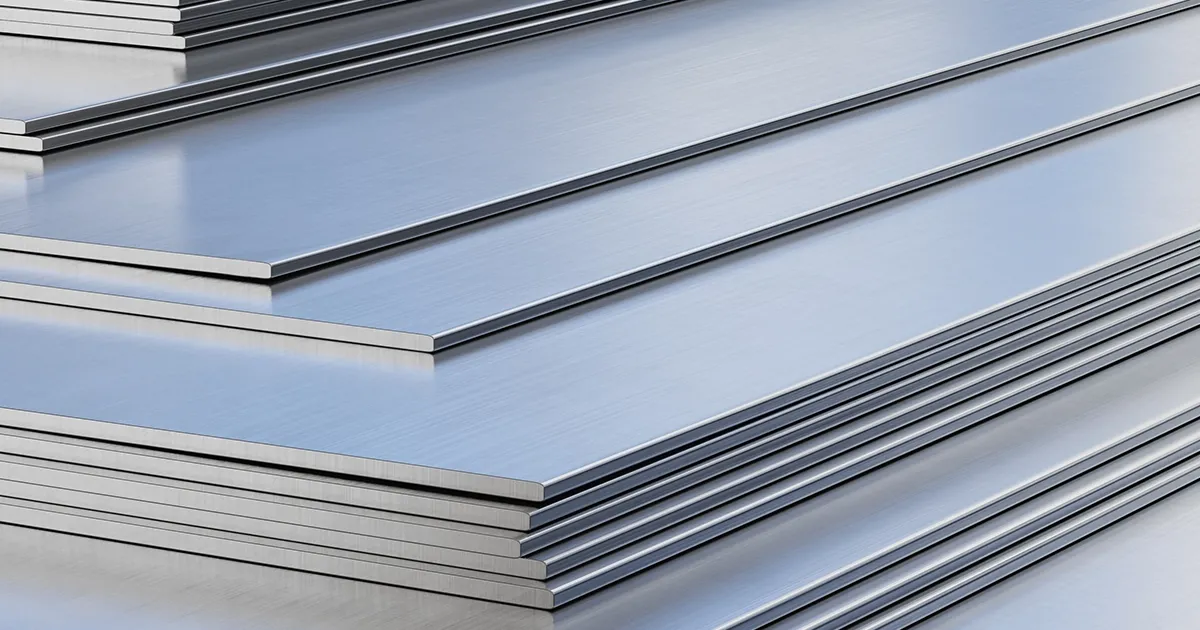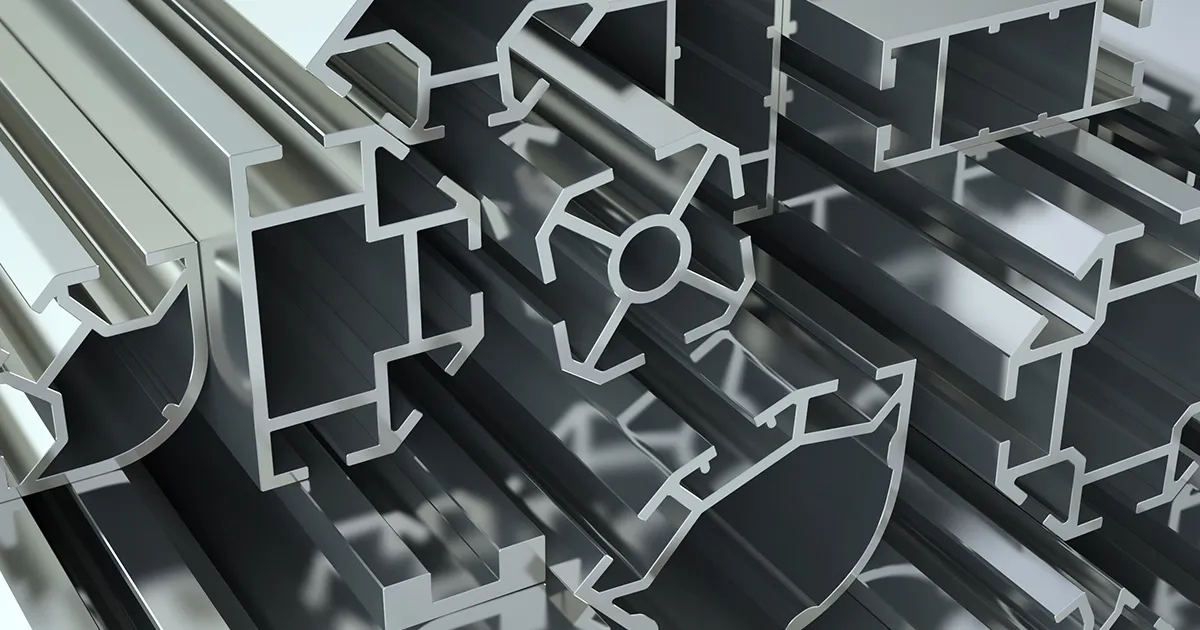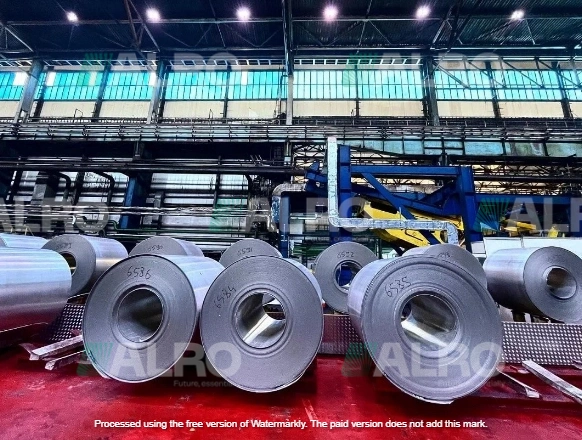CutSmart Systems offers the possibility to order aluminium plates cut to the required dimensions, directly from the manufacturer. By using modern CNC punching equipment, we ensure precision and consistency in the cutting process, regardless of the thickness of the plates or the type of alloy. The service is available for a wide range of industries, with orders processed and delivered within a short timeframe, anywhere in Romania.
Based on its production capacity, ALRO is one of the largest vertically integrated producers in Europe, with two divisions in its organizational structure:

Primary aluminum is the final product of the aluminum production process, obtained through the electrolysis of aluminum oxide.

Processed aluminum is the final product of the aluminum production process, obtained through rolling, extrusion, or casting.
ALRO produces the essential metal for most industries. With 60 years of tradition and experience, ALRO has positioned itself as a supplier of top-quality products for a wide range of customers.


ALRO's offering includes a wide range of products manufactured in accordance with the highest standards used in the most demanding international markets:
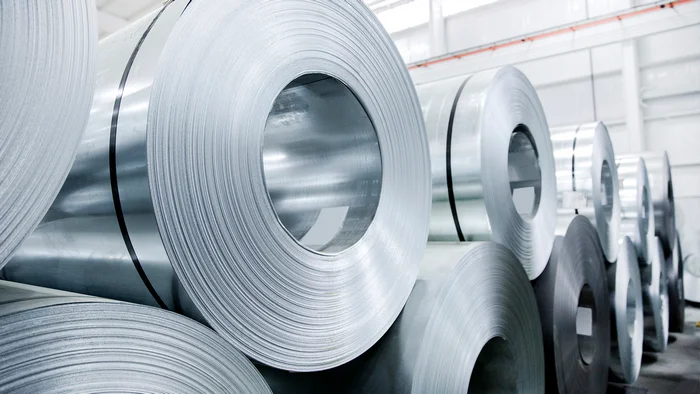
We are here to help you. If you have any questions or need more information, please contact us.
